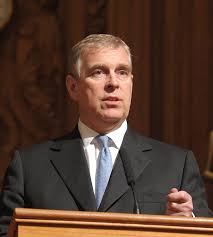Current Developments in the Czech Republic

Introduction
The Czech Republic is a nation rich in history and culture, renowned for its picturesque cities, medieval architecture, and vibrant arts scene. As one of the central players in the European Union, current events in the Czech Republic not only affect its citizens but also resonate across Europe. Recent political, social, and economic developments in the Czech Republic are significant, especially in the context of ongoing European challenges, including economic recovery post-pandemic and geopolitical tensions.
Political Landscape
In recent months, the political landscape in the Czech Republic has been marked by a series of pivotal events, including the parliamentary elections held in late September 2021. The elections resulted in a coalition government led by the Together alliance, which consists of three centre-right parties. This coalition has garnered attention for its commitment to addressing crucial issues such as climate change, economic stability, and healthcare reforms.
Additionally, the recent appointment of Petr Fiala as Prime Minister signifies a shift towards more stable governance, aiming to unify differing political ideologies and to tackle challenges head-on. His administration is focused on navigating the economic impacts of the COVID-19 pandemic and maintaining the country’s position within the EU.
Economic Developments
The Czech economy, which is among the strongest in Central Europe, is facing both opportunities and challenges. As stated by the Czech Statistical Office, in the second quarter of 2023, GDP growth reached 2.5% year-on-year, driven mainly by industrial output and exports. However, inflation remains a significant concern, with rates over 10%, primarily due to increased energy prices and supply chain disruptions.
The government has initiated measures to mitigate these inflationary pressures, including subsidies for energy costs and support for small businesses. Analysts suggest that the country may experience gradual economic recovery in 2024, contingent on stabilising global markets.
Social Issues
Socially, the Czech Republic has seen a rise in awareness and activism surrounding topics such as environmental sustainability and LGBTQ+ rights. Recent protests have advocated for stronger climate action and equality, reflecting a broader trend of civic engagement among younger populations.
Conclusion
The Czech Republic continues to navigate a complex interplay of political, economic, and social factors. As it approaches the end of 2023, the government’s efforts to strengthen its economy, address inflation, and engage citizens in democratic processes will be critical. The outcomes of these developments will not only shape the future landscape of the nation but also influence its role within the broader European context. Observers are keeping a close eye on the region as potential changes could have implications for interconnected EU policies.







